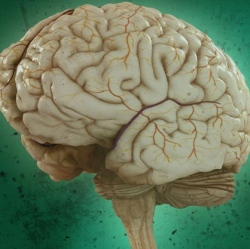
Research compared antidepressants such as fluoxetine, with cognitive behavioural therapy (CBT), a type of talking therapy aimed at helping people change unhelpful ways of thinking. It found both treatments worked more or less equally well for the initial treatment of people with moderate to severe depression.
The review included 11 studies, with a total of 1,511 patients. It found that people treated with antidepressants and people treated with CBT were equally likely to respond to treatment (risk ratio (RR) for antidepressants 0.91, 95% confidence interval [CI] 0.77 to 1.07) and to get better (RR for antidepressants 0.98, 95% CI 0.73 to 1.32). They had similar improvements on a questionnaire designed to measure symptoms of depression.
More people taking antidepressants dropped out of studies because of side effects from treatment, but the numbers were small enough that this could have been a coincidence.
The researchers found no difference in results between people taking antidepressants alone, and those treated with antidepressants plus CBT. They didn’t find any studies that compared CBT alone versus CBT plus antidepressants.
The researchers said their results should be interpreted "cautiously" because of the overall quality of the evidence. However, they conclude: "Given that the benefits of second generation antidepressants and cognitive behavioural therapy do not seem to differ significantly … and that primary care patients may have personal preferences … both treatments should be made accessible, either alone or in combination."
